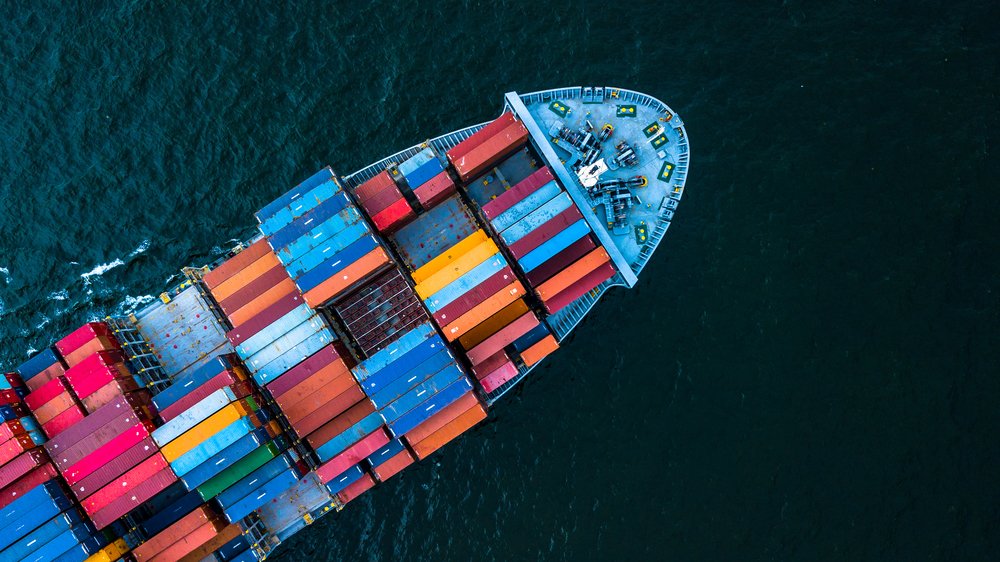
How Much Is My Offshore Injury Case Worth?
The value of an offshore injury case varies widely from one case to another. How much your offshore injury case is worth depends on various legal issues and your case’s facts.
As a result, we cannot place a specific value on your claim until we analyze your case. You can consult with an injury lawyer from our firm to determine whether you have a valid legal claim and how much that case may be worth.
What You Can Recover in an Offshore Injury Case
You can seek compensation for the losses that you have experienced from your offshore injury. These damages can include:
- Lost wages and loss of earning capacity
- Vocational rehabilitation costs
- Current and future medical bills
- Mental trauma and anguish
- Physical pain and suffering
- Disfigurement and scarring
Whether these specific categories of compensation are available in your case depends on the nature and extent of your injuries. The duration of your injuries, or whether they are temporary or permanent, will also affect the value of your case.
As the risks of maritime work are high, maritime injuries can be severe and permanently debilitating. Your offshore injury claim’s value may also be higher if your injuries are severe and leave you with ongoing impairments.
Laws That May Allow You to Seek Compensation for Maritime Injuries
The following are maritime acts that give workers the right to compensation for injuries they suffer on the job.
The Jones Act
Every situation is different, but various federal and state laws may apply in your offshore injury case. One of the most commonly used laws is the Jones Act, also known as the Merchant Marine Act. This law establishes injured maritime workers’ right to directly sue their employers for compensation for their work-related injuries that occurred while working on a vessel.
You cannot sue your employer in most other industries, but you can claim workers’ compensation. Under the Jones Act, however, seamen must file a personal injury case against their employers to receive any compensation. The Jones Act also requires the employer to provide injury victims with maintenance or daily living expenses while they cannot work.
The Longshore and Harbor Workers Compensation Act
Another law that may apply in the case of a maritime injury is the Longshore and Harbor Workers Compensation Act (LHWCA), according to the U.S. Department of Labor (DOL). The LHWCA covers dockworkers and other land-based workers who are injured while working on a pier, bridge, or harbor. This law is a no-fault-based system, similar to workers’ compensation.
Keep in mind that the LHWCA has a strict filing deadline or statute of limitations. According to the DOL, you have two years from the date of injury or death to file a claim under the LHWCA through the DOL’s Office of Workers’ Compensation Program (OWCP).
Contact the Attorneys at Our Law Firm for Help With Your Offshore Injury Case
If you or a loved one has suffered offshore injuries, you may be eligible to seek compensation from your employer for the costs of your injuries. Maritime law can be complex and involve various state and federal laws. As a result, you may want to contact our firm to determine how much your offshore injury case is worth as quickly as possible following the accident that led to your injuries.
We know that your employer and any other liable parties might try to avoid compensating you for your injuries. They might also minimize your injuries to save them from paying out a large settlement. Call Laborde Earles Injury Lawyers today at (337) 777-7777 to learn more about your options and the potential value of your case.